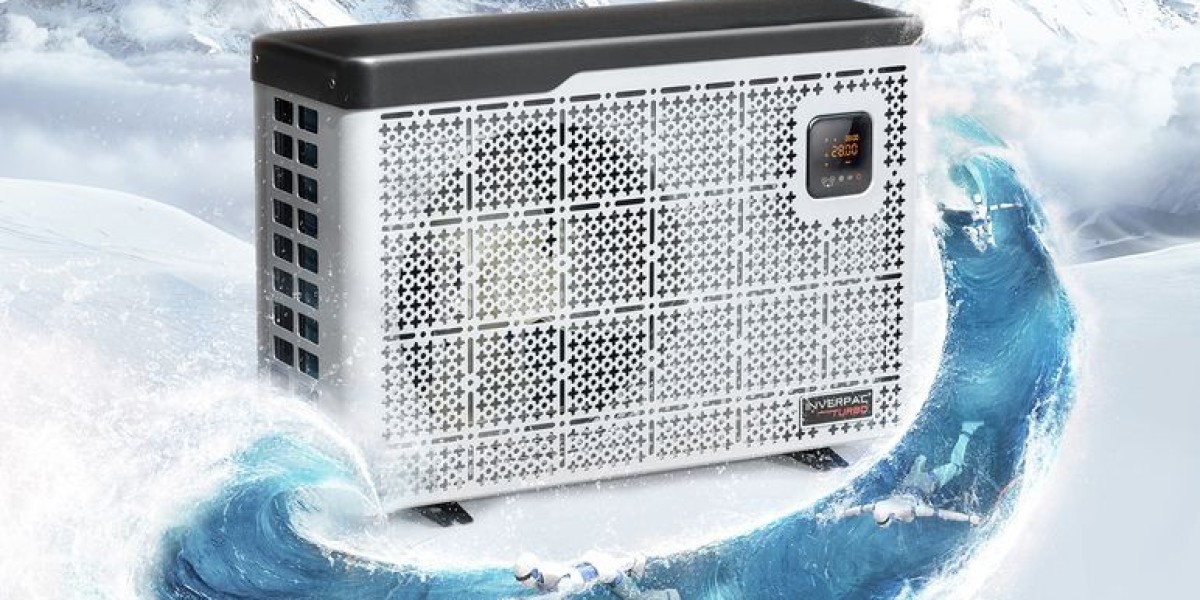No Hot Water in My House What is the problem?
There are several potential reasons why there might be no hot water in your house. Here are some common ones:
Pilot light out: If you have a gas water heater, the pilot light may have gone out. Check the heater to see if the flame is still burning. If not, follow the instructions in your owner's manual to relight the pilot light.
Electrical problem: If you have an electric water heater, there may be an issue with the electrical supply to the heater. Check the breaker box to see if the breaker for the water heater has tripped. If it has, reset the breaker and see if that resolves the problem.
Sediment buildup: Over time, sediment can build up in the tank of a water heater, which can reduce its efficiency and cause it to produce less hot water. If you suspect this may be the issue, consider having a professional plumber flush the tank to remove the sediment.
Faulty thermostat: The thermostat on the water heater may have malfunctioned, which can cause the water to not heat up properly. You may need to have the thermostat replaced.
Leaks or other damage: If there is a leak in the water heater or other damage, this can cause the hot water to stop flowing. Inspect the water heater for signs of damage and call a professional plumber if necessary.
It's important to note that working with a water heater can be dangerous, so it's always best to call a professional plumber to diagnose and repair the issue.
Sometime hot water heater leaking
If you notice that your hot water heater is leaking, it's important to address the issue as soon as possible. Here are some potential reasons why your hot water heater may be leaking:
Corrosion: Over time, the metal in the tank of a hot water heater can corrode and weaken, leading to leaks. If the tank is corroded, it may need to be replaced.
Loose connections: If the connections to your hot water heater are loose or damaged, this can cause leaks. Check the pipes, valves, and fittings leading to and from the water heater for any signs of damage or looseness.
High water pressure: If the water pressure in your home is too high, this can put excess strain on the hot water heater and cause it to leak. You may need to have a pressure reducing valve installed to regulate the water pressure.
Drain valve failure: The drain valve at the bottom of the hot water heater can fail and cause leaks. If this is the case, you may need to have the valve replaced.
Tank overflow: If the hot water heater tank is overfilled, it can cause water to leak out of the overflow pipe. This can happen if the temperature and pressure relief valve is malfunctioning or if the tank is too full.
If you notice a leak from your hot water heater, turn off the water supply to the unit and call a professional plumber to diagnose and repair the issue. Ignoring a leaking hot water heater can lead to water damage and can even be a safety hazard.
The specific steps to fix a hot water heater that is leaking will depend on the underlying cause of the issue.
In general, it's best to leave repairs to a professional plumber who has the expertise and tools to safely diagnose and fix the problem.Here are some potential steps a plumber may take to fix a leaking hot water heater:
Turn off the water supply: Before any repairs can be made, the water supply to the hot water heater must be turned off. This will prevent further water from entering the tank and causing more damage.
Drain the tank: Once the water supply is turned off, the plumber will drain the hot water tank to remove any remaining water. This will allow them to better inspect the tank for the source of the leak.
Identify the source of the leak: The plumber will inspect the tank, pipes, valves, and other components to determine the cause of the leak. Once they have identified the source of the problem, they will discuss repair options with you.
Replace damaged components: Depending on the cause of the leak, the plumber may need to replace damaged components, such as pipes, valves, or the hot water tank itself. They may also need to repair or replace electrical components, such as thermostats or heating elements.
Test the system: Once the repairs are complete, the plumber will test the air source heat pump hot water heater to ensure that it is functioning properly and that the leak has been resolved.
Remember, working with a hot water heater can be dangerous, especially if it is leaking. It's always best to call a professional plumber to diagnose and fix the issue.
Here are some things you can do to help prevent hot water heater problems and extend the life of your unit:
Schedule regular maintenance: It's a good idea to have your hot water heater inspected and serviced annually by a professional plumber or heat pump specialists. They can flush the tank to remove sediment, inspect the valves and connections, and check for any signs of wear or damage.
Monitor the temperature: Set the temperature on your hot water heater to no higher than 120°F to reduce the risk of scalding and to help prevent damage to the tank and components.
Check for leaks: Regularly inspect your hot water heater for any signs of leaks, such as water on the floor around the unit or rust or corrosion on the tank. Address any leaks promptly to avoid more serious issues down the line.
Test the pressure relief valve: The pressure relief valve on your hot water heater helps prevent excess pressure from building up in the tank. Test the valve periodically to ensure that it is working properly.
Consider a water softener: If your home has hard water, consider installing a water softener. Hard water can cause mineral buildup in the hot water tank, which can reduce its efficiency and shorten its lifespan.
Replace an aging unit: If your hot water heater is over 10 years old, consider replacing it with a new, energy-efficient model. This can help save you money on your energy bills and reduce the risk of breakdowns and leaks.
 air source heat pump companies
air source heat pump companies
 " class="wow_main_float_head_img">
" class="wow_main_float_head_img">







